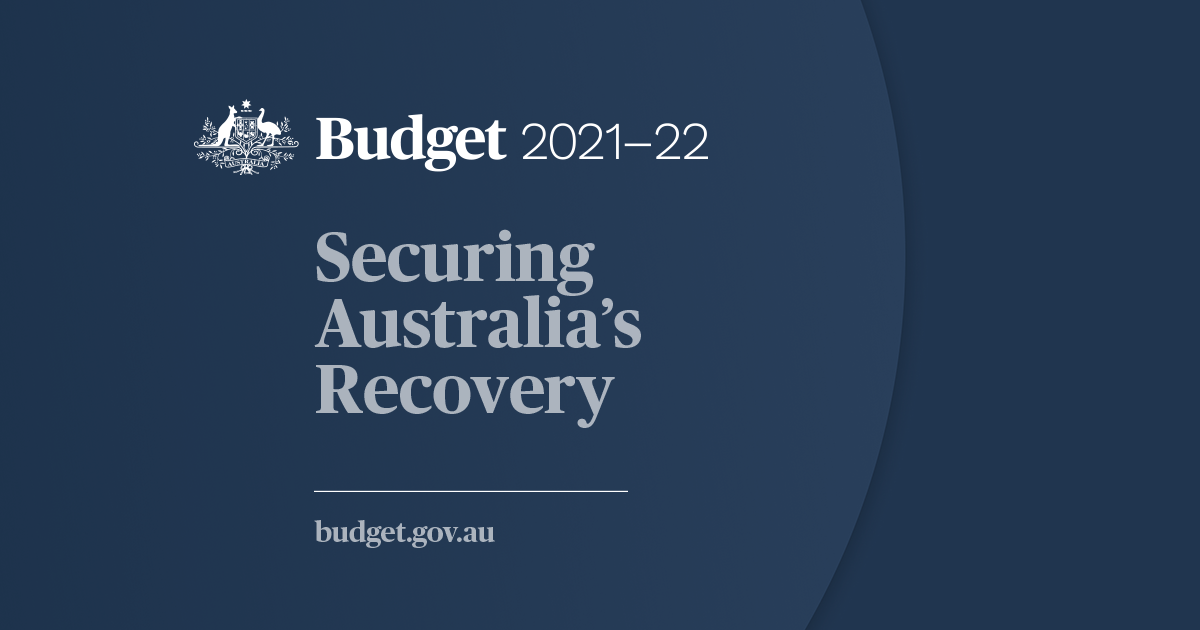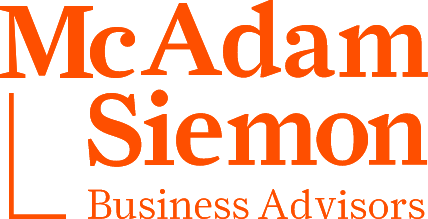News
2021-22 Budget Highlights
Posted: 13 May 2021

With effect from 1 July 2021 / Immediate Effect:
Tax rates for individuals have remained same for 2021-22:
| Tax Scale 2021-22 | |
| Taxable Income | Tax On This Income |
| $0 to $18,200 | Nil |
| $18,201 – $45,000 | 19c for each $1 over $18,200 |
| $45,001 to $120,000 | $5,092 plus 32.5c for each $1 over $45,000 |
| $120,001 to $180,000 | $29,467 plus 37c for each $q over $120,000 |
| $180,001 and over | $51,667 plus 45c for each $ over $180,000 |
The Government is retaining the low and middle income tax offset (LMITO) in 2021-22 worth up to $1,080 for individuals or $2,160 for dual income couples.
Temporary full expensing will now be available until 30 June 2023. Temporary full expensing allows eligible businesses with aggregated annual turnover or total income of up to $5 billion to deduct the full cost of eligible depreciable assets. Assets must be acquired from 7:30pm AEDT on 6 October 2020 and first used or installed ready for use by 30 June 2023.
Temporary loss carry-back will also be extended by one year. This will allow eligible companies to carry-back tax losses from the 2022-23 income year to offset previously taxed profits as far back as the 2018-19 income year. Companies with aggregated annual turnover of up to $5 billion can apply tax losses incurred during the 2019-20, 2020-21, 2021-22 and now the 2022-23 income years to offset tax paid in 2018-19 or later years. The tax refund will be available to companies when they lodge their 2020-21, 2021-22 and now 2022-23 tax returns.
With effect from later years:
From 1 July 2022, individuals aged 67 to 74 will no longer be required to meet the work test when making, or receiving, non-concessional superannuation contributions or salary sacrificed contributions. However, access to concessional personal deductible contributions for individuals aged 67 to 74 will still be subject to meeting the work test.
Part-time workers earning less than $450 a month from an employer will finally be eligible to receive superannuation on those wages. This means employers will have to pay all their employees’ super, no matter how few hours they work.
Families earning more than $189,390 will have the $10,560 annual subsidy cap for childcare removed, under changes set to come into effect in July 2022.
The Government will allow taxpayers to self-assess the effective life of certain depreciating intangible assets for tax purposes, rather than being required to use the effective life currently prescribed by statute. This will apply to eligible assets acquired following the completion of temporary full expensing, which has been extended and will now end on 30 June 2023.
